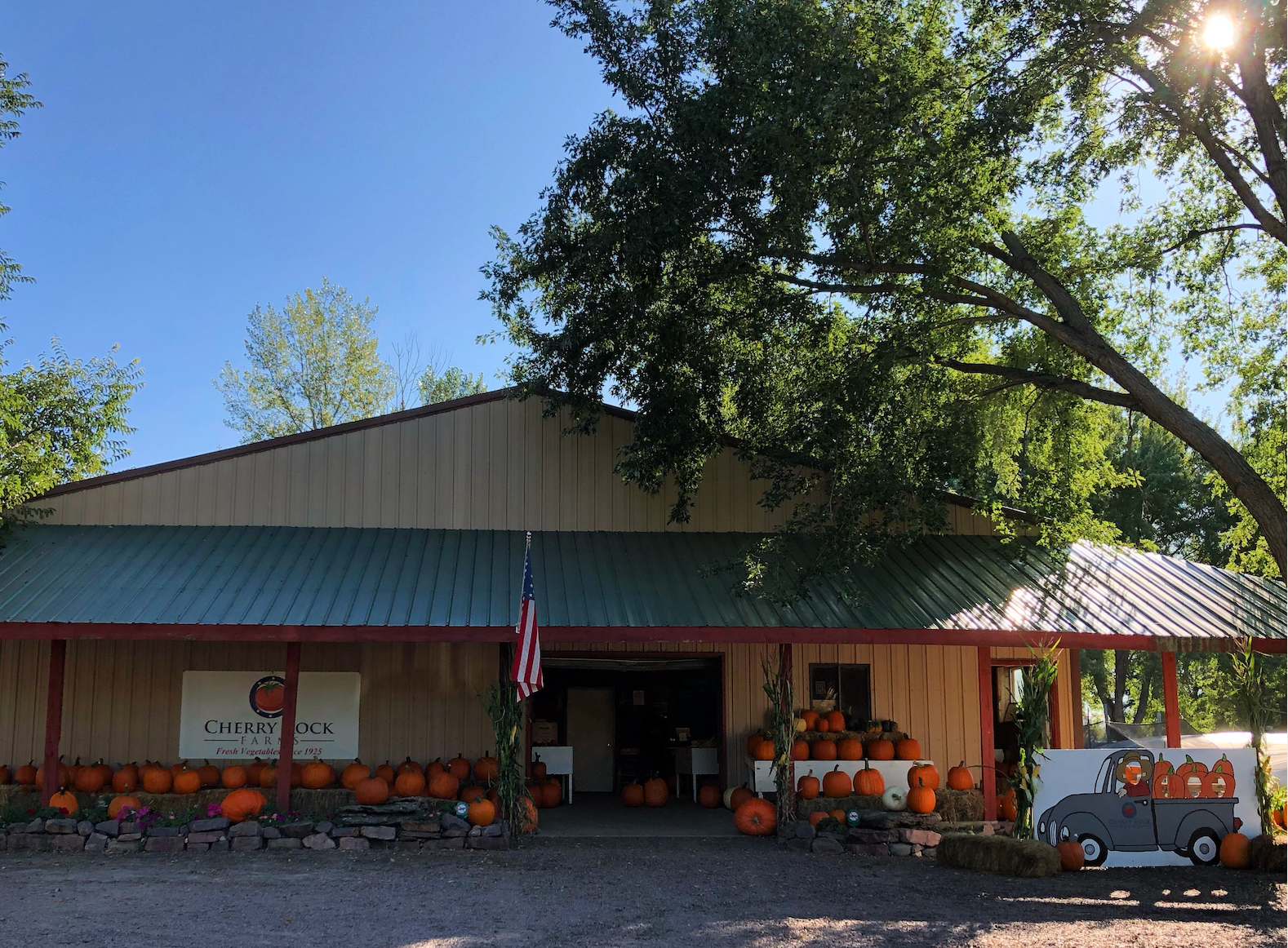This series is made possible by the support of Friends of the Big Sioux River. They're celebrating Earth Day this month with the Big Sioux Brew. You can learn more about them and support the work they do here.
Simplified: Eating sustainably (and locally) benefits both farmers and the environment. Some Sioux Falls-area farmers shared their advice for getting started with finding locally sourced, sustainable food.
Why it matters
- Eating locally and eating sustainably go hand-in-hand. Small, local farmers are often focused on regenerative agriculture and using farming practices that strive for healthier produce and healthier land, said Laura Patzner, owner of Cherry Rock Farms.
- Sustainable eating also means taking into account how the people harvesting your food are being paid. Jeremy Nelson, owner of Tilford Rye Farms, first became interested in small-scale organic farming after learning about poor working conditions and poor wages employed by many large commercial farms.
- Eating local produce – especially that grown with regenerative ag methods – will also mean you're getting more nutrient-dense food, Nelson added.
"Most of the food that you’re getting in those (big box) stores, it's practically devoid of nutrients because it's being grown in dead soil," he said.
What are some tips for eating sustainably?
The biggest thing the farmers Sioux Falls Simplified spoke to said was to – no surprise – support local farmers.
"Hyvee’s not going to notice if you skip a week and don't go to their store," Patzner said. "If we don't have people interested in supporting our farm, we could go away."
Another important part of eating sustainably is eating food that's in season, Patzner said.
How food is produced also matters when looking at sustainability.
- That includes looking at farming practices that focus on regenerating the soil, or, in Fruit of the Coop owner Stephanie Peterson's case, pasture-raised hens that aren't ingesting any chemicals.
"Soil that has been handled in an appropriate way and is regenerative will absorb and hold more carbon," she said.
Where can I find local food?
There are a number of good resources out there, but here's a quick round-up:
- Start with a local farmer's market or food co-op (there's even an online option with Glory Gardens.)
- Sign up for a CSA (community-supported agriculture) in which you pay ahead of time for produce delivered at regular intervals from a local farm.
- Buy directly from a local farmer. Dakota Rural Action has a local foods directory online to help you find someone close to you.
- Grow produce in your own garden.


